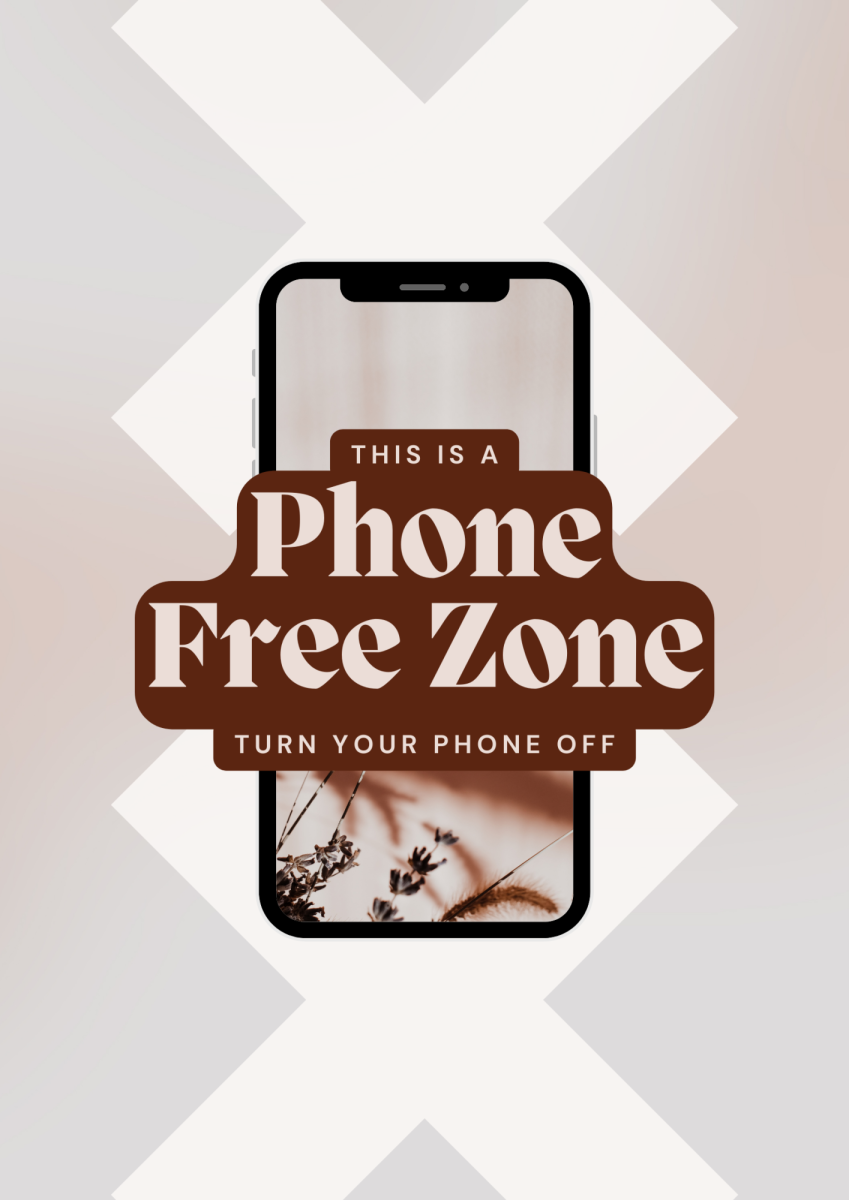Hurricanes are among nature’s most powerful and destructive forces, and preparing for them is not just a task; it’s a responsibility. Whether you live in a hurricane-prone region or are just visiting during hurricane season, knowing how to prepare is essential for your safety and well-being.
Stay Informed-
- Knowledge is your first line of defense. Stay informed about hurricane developments by monitoring weather updates through reliable sources like the National Hurricane Center (NHC) or a weather app. Pay attention to official alerts and evacuation orders from local authorities.
Create an Emergency Plan-
- Before a hurricane approaches, develop a comprehensive emergency plan for your family. Establish meeting points, communication methods, and an evacuation route. Include provisions for pets and consider the needs of elderly family members or individuals with special requirements.
Assemble an Emergency Kit-
A well-prepared emergency kit is a lifeline during and after a hurricane. Ensure it includes:
- Non-perishable food items (enough for at least three days)
- Bottled water (one gallon per person per day)
- First aid supplies and prescription medications
- Flashlights, batteries, and a battery-powered radio
- Important documents (insurance policies, identification)
- Cash (ATMs may be unavailable during power outages)
- Personal hygiene items and sanitation supplies
- Blankets and clothing
- Tools and multipurpose items (utility knife, duct tape)
- Fully charged power banks for electronic devices
Secure Your Home- Protect your home by taking the following steps:
Evacuation Planning-
- Clear gutters and drains to prevent flooding.
- Trim trees and remove dead branches.
- Secure outdoor furniture and objects that can become projectiles in high winds.
- Turn off utilities like gas, electricity, and water before evacuating.
- If you live in an evacuation zone or your safety is at risk, follow local authorities’ evacuation orders promptly. Have your emergency kit ready to go, and ensure your vehicle is fueled and in good working condition. Plan your route carefully, as traffic can be heavy during evacuations.
Communicate and Stay Connected-
- Maintain open lines of communication with family members and friends. Keep charged mobile phones handy and consider investing in a weather-resistant two-way radio for backup contact.
Safe refuge-
- For your home stay indoors, and stay away from windows and doors.
- If you can not stay at your home Orange County offers General shelters, and these are for Floridians who have been evacuated from their homes, for those who live in low-lying areas, and for others seeking shelter from a storm.
- There are also Special needs shelters, for people who need more help than a General Shelter. If interested the criteria for going are 1) You are a person with special medical needs 2) Your care exceeds the basic first aid provided at general population shelters 3) Your impairments or disabilities are medically stable and do not exceed the capacity.
Watch for Post-Hurricane News-
- After the storm has passed, exercise caution when returning home. Beware of downed power lines, flooded roads, and debris. Only enter flooded buildings once they have been declared safe by authorities.
Hurricane preparations are not to be taken lightly. By staying informed, creating a comprehensive emergency plan, and assembling a well-stocked emergency kit, you can significantly increase your chances of weathering the storm safely. Remember that safety is the top priority during a hurricane, and taking proactive steps today can make all the difference tomorrow.











































